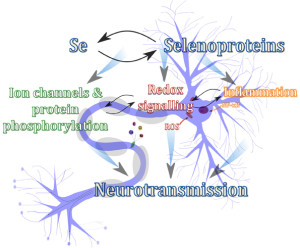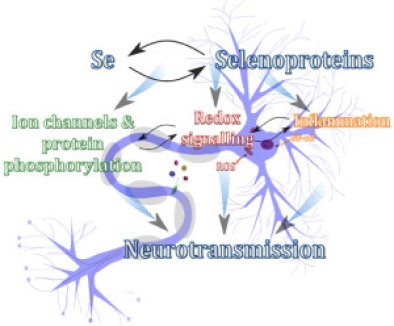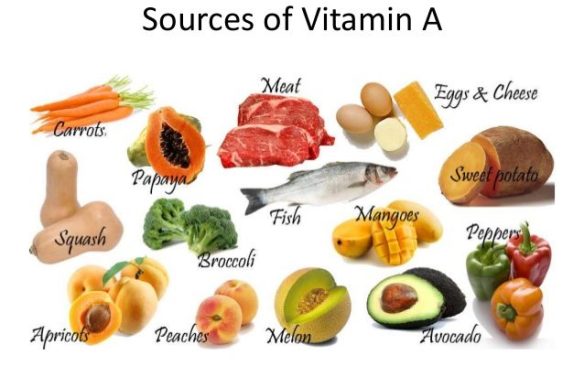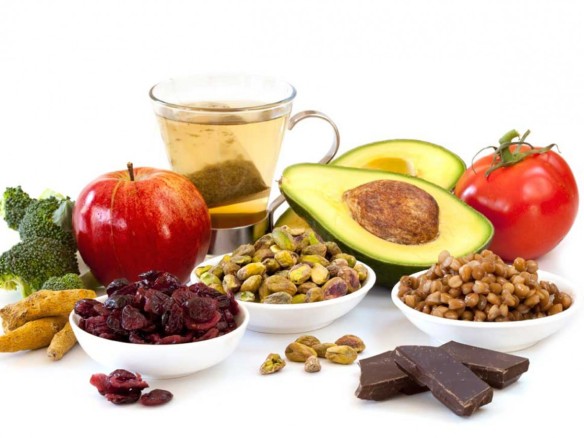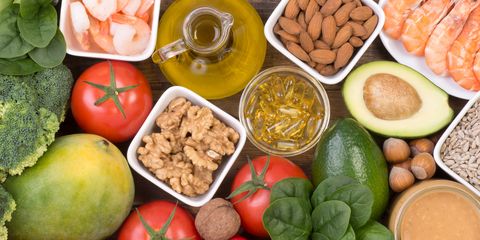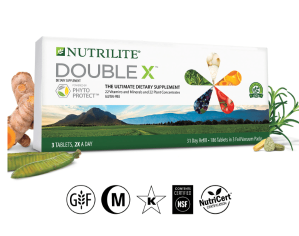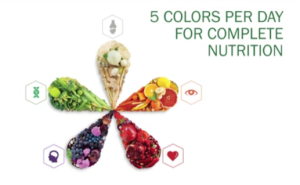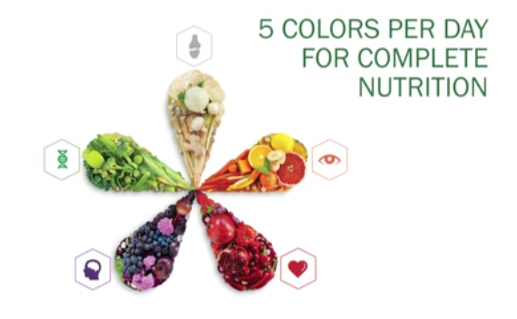

Domonique D. Hargrove B.A., M.S, NCEP Certified, Founder & President of “Slight Edge Performance Program”LLC
Be sure to “like” and “follow” our Team Page facebook.com/SlightEdgePerformanceProgram

What is Molybdenum?
Molybdenum is an essential mineral found in high concentrations in legumes, grains and organ meats. It activates enzymes that help break down harmful sulfites and prevent toxins from building up in the body.
Molybdenum is an essential mineral needed by the body in very small amounts. Though your body only needs tiny amounts, it’s a key component of many vital functions. Without it, deadly sulfites and toxins would build up in your body.
Molybdenum is an essential mineral in the body, just like iron and magnesium.
It is present in soil and transferred into your diet when you consume plants, as well as animals that feed on those plants. Although amounts vary, the richest sources of this essential mineral are usually beans, lentils, grains and organ meats, particularly liver and kidney.
One reason Molybdenum is an essential mineral is because it acts as a co-factor for important enzymes. Molybdenum is vital for many processes in your body.
Once you eat it, it is absorbed into your blood from your stomach and gut, then carried to your liver, kidneys and other areas.
Some of this mineral is stored in the liver and kidneys, but most of it is converted into a molybdenum cofactor. Any excess molybdenum is then passed in urine. The molybdenum cofactor activates four essential enzymes.
Enzymes are biological molecules that drive chemical reactions in the body. The four enzymes associated with Molybdenum include: 1.) Sulfite oxidase 2.) Aldehyde oxidase 3.) Xanthine oxidase 4.) Mitochondrial amidoxime reducing component (mARC).

Molybdenum’s role in breaking down sulfites is especially important in it’s role as a cofactor for the four enzymes listed above. These enzymes are involved in processing sulfites and breaking down waste products and toxins in the body.
Foods Sources of Molybdenum:

We receive molybdenum mostly from the food that we consume. Normally, a regular diet that consists of whole grains, legumes, leafy green vegetables, and nuts may make-up for the body’s requirement of molybdenum. Legumes such as peas and lentils are rich sources of molybdenum. Kidney beans, navy beans, and lima beans, almonds, cashews, chestnuts, and peanuts, soy milk, soybeans, and tofu, dairy products, especially cheese and yogurt, leafy vegetables, eggs, whole grains, liver and tomatoes are also sources of this essential mineral.
The body requires molybdenum for a set of diverse functions such as in the active functioning of certain enzymes (molybdenum-dependent enzymes) that are very important for human health. Apart from this, molybdenum is involved in other processes such as cell energy production, proper development of the nervous system, and processing of wastes.
According to the US National Academy of Sciences, Food and Nutrition Board, the recommended dietary allowance (RDA) of molybdenum for adults (both men and women) is 45 micrograms per day. The kidneys and the liver are the sites for molybdenum storage in the body.

Continue to be conscious and proactive about making sure you are getting this essential nutrient in your diet and eating lifestyle!
The multivitamin of the future is here today! Nutrilite™ Double X™
- Includes 50 mcg of Molybdenum

Whether your focus is sports nutrition, weight management or general nutritional health, Nutrilite™ Double X™ supplement is power-packed with vitamins, minerals and phytonutrients to help support a healthy heart, brain, eyes, skin, bones and immune system. Contains natural plant ingredients from every color on the phytonutrient spectrum:
12 essential vitamins
10 essential minerals
22 plant concentrates
To ORDER Nutrilite™ Double X™ email me at domonique.dhfitness@gmail.com
Be sure to “like” and “follow” our Team Page facebook.com/SlightEdgePerformanceProgram






















